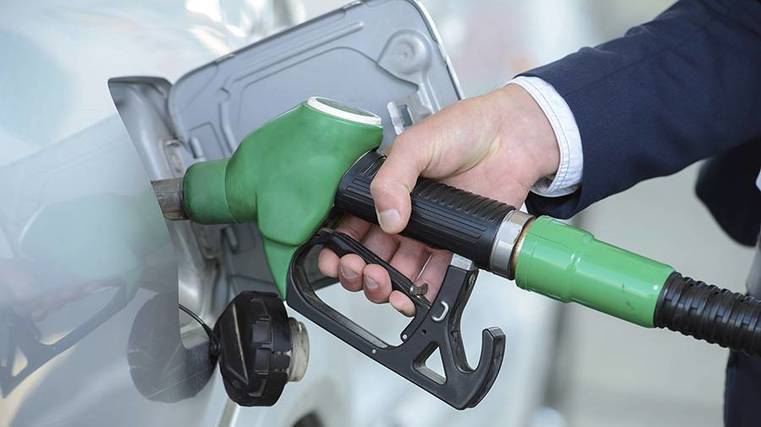Tax cuts increase emissions

Michael Wood, the Minister of Transport, says the $589 million extension of cuts to fuel tax and road-user charges (RUC) will increase emissions, but the government is on track to hit its reduction targets for the transport sector.
The government took 25 cents a litre off fuel-excise duty in March. It then introduced an equivalent reduction to RUC and halved public-transport fares to ease the cost-of-living crisis.
The policy was worked up quickly and didn’t go through regular regulatory hurdles, including an emissions analysis, before being put to cabinet.
As part of a change made in the last parliamentary term, cabinet papers must go through a climate implications of policy assessment (CIPA) if the direct impact of their emissions is more than half a million tonnes of carbon-dioxide equivalent within 10 years, or more than three million tonnes within 30 years for proposals relating to forestry.
The initial reduction skipped this analysis, despite the fact it might have qualified for it with analyses completed after the fact.
The policy was initially set to expire after just three months, but has been extended twice thanks to the cost of fuel remaining high.
Wood says the most recent extension of the cuts, which will now expire at the end of January 2023, was put through an emissions analysis that showed they would increase emissions.
“It didn’t meet the requirements under the formal cabinet note but we have done an assessment as to the impact there,” he says.
“There is a small overall impact [to emissions], which is assessed as a result of the reduction, but overall in terms of our emissions-reduction programme work it was relatively small.
“This is one of those situations where we’ve felt the financial pressures were very pressing on many New Zealanders as a result of the global-energy shock so we took action. At the same time, it was important we understood what the impact of that might be so we could assess against the broader programme what the emissions impact of that might be.”
He adds the government is still on track to hit transport emissions reductions goals for the first emissions reduction budget, which takes in the period between this year and 2025, reports the NZ Herald.
There are questions over how the government will eventually taper off the cuts and return to the full level of tax, which is spent mainly on maintaining roads and building new ones.
Julie Anne Genter, the Greens’ transport spokesperson, says her party does not support the extension of the cut, which will have cost more than $1 billion by the time it expires at the end of January.
She adds: “We can and must respond to the current cost of living challenges in a way that allows us to address the climate crisis. Otherwise, we are never getting off this fossil-fuel treadmill and there will be dire consequences for human wellbeing.
“There are much better ways to spend over $1b to help those who are struggling with high petrol prices. Increasing benefits or providing higher cash payments to those on low incomes would allow them to buy what they need, including petrol if they do rely on it.
“The petrol tax cut also benefits those on high incomes and ultimately does nothing to transition us away from fossil fuels.”





